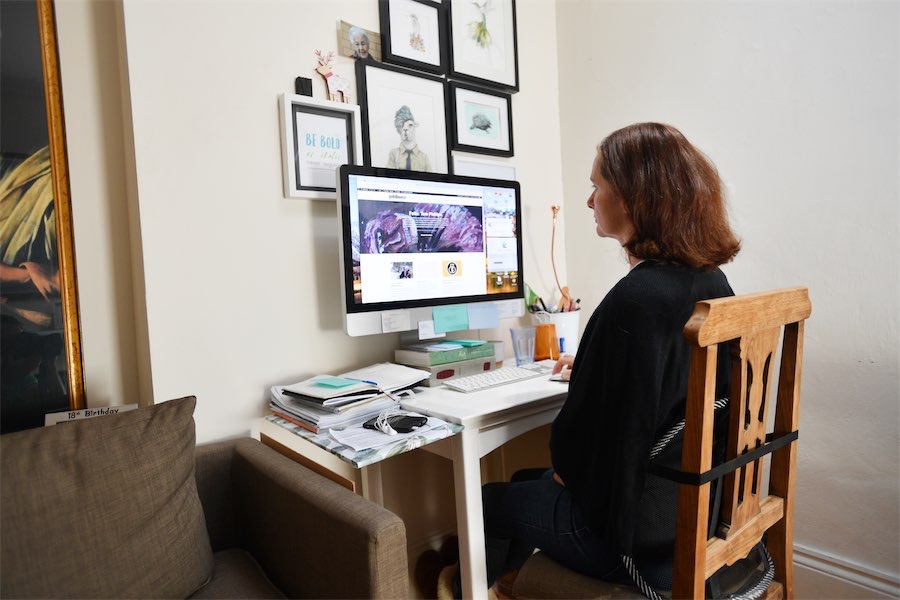
Employee rights to work from home will come under the microscope as a shift into a post-pandemic world chips away at flexible job arrangements.
At the request of Employment and Workplace Relations Minister Tony Burke, the Fair Work Commission in September began a review into the modern award, which sets out terms and conditions of employment for roughly 2 million Australians.
And as part of a broader review on ways workplaces an help employees balance work and care requirements, it will examine whether the award should include a right for Australians to work from home.
After the 2020 COVID-19 pandemic forced Australians indoors, as many as 40 per cent reported that they still regularly worked from home in 2022.
But some large corporations have begun cooling on the practice.
In 2023, Commonwealth Bank ordered its employees to work from the office for at least 50 per cent of their working time while Westpac and National Australia Bank also requested workers return to workplaces for two to three days per week.
However, a Fair Work Commission discussion paper acknowledges a variety of benefits offered by working from home such as the expansion of employment opportunities, a reduction in time spent commuting and – in the case of a hybrid work model where employees work at home for two or three days a week – no reduction in productivity.
A report from economic think-tank the Committee of Economic Development of Australia (CEDA) also showed the remote working revolution has had advantages for workers with disabilities and mothers with young children.
The two groups have been recruited in greater numbers than other workers in occupations that underwent large transitions to remote work since 2020, the research released on Thursday found.
Carers and people with impactful health conditions have also greatly benefited from the changes induced by the pandemic and a strong labour market.
The analysis shows the groups, which typically had higher work-for-home (WFH) rates, are now virtually level with the rest of the workforce in those select occupations.
“WFH has levelled the playing field,” the report said.
But that did not mean it would remain.
“Embedding these gains even when the jobs market inevitably softens should be a priority,” CEDA Chief Economist Cassandra Winzar said.
“Implementing changes that make both remote and in-office work more effective – such as clarifying performance expectations, formalising mentoring and developing communication and management skills – is a good place to start.”
The Fair Work Commission discussion paper also noted that “spontaneous collaboration” and on-the-job mentoring could become more difficult with hybrid work arrangements and improved flexibility can create ambiguity about when workers can disconnect from work.
Opposition Leader Peter Dutton claimed attempts to enshrine the right to work from home showed the government was “presiding over a wishlist of the union movement”.
“Flexibility is fine for workers, and we encourage that,” he told 2GB radio on Thursday.
“(But) the government has all sorts of problems when they’re putting the union bosses ahead of workers.”
Who can be trusted?
In a world of spin and confusion, there’s never been a more important time to support independent journalism in Canberra.
If you trust our work online and want to enforce the power of independent voices, I invite you to make a small contribution.
Every dollar of support is invested back into our journalism to help keep citynews.com.au strong and free.
Thank you,
Ian Meikle, editor





Leave a Reply